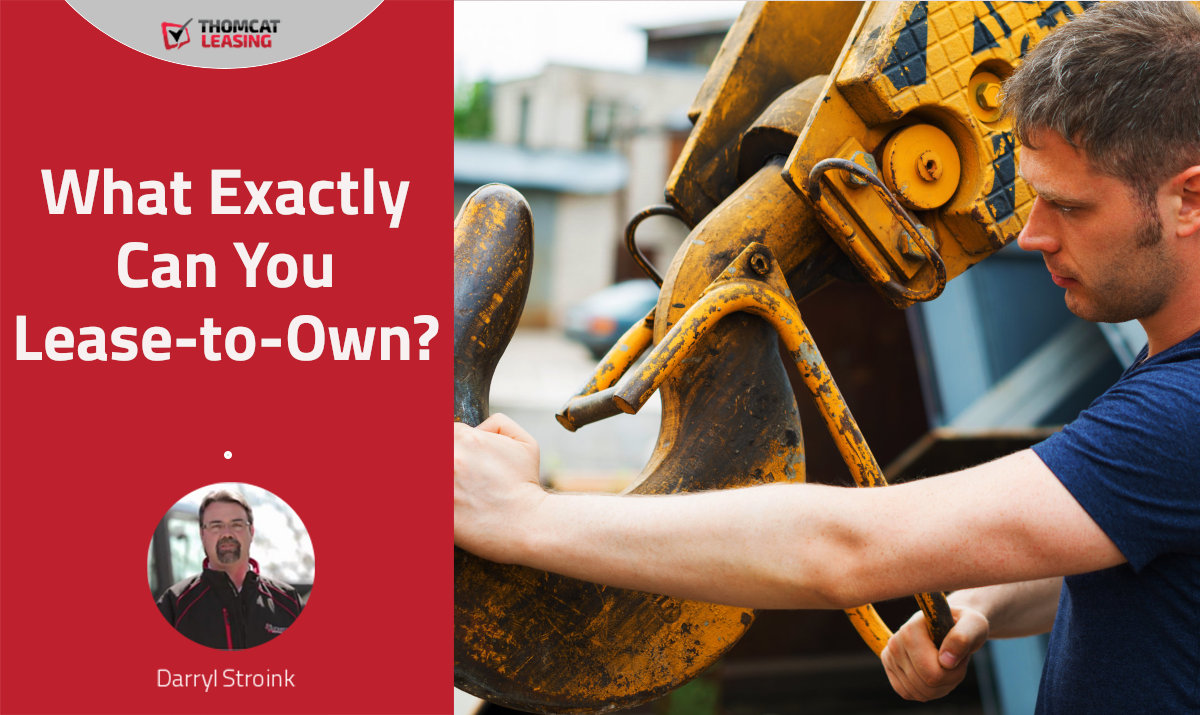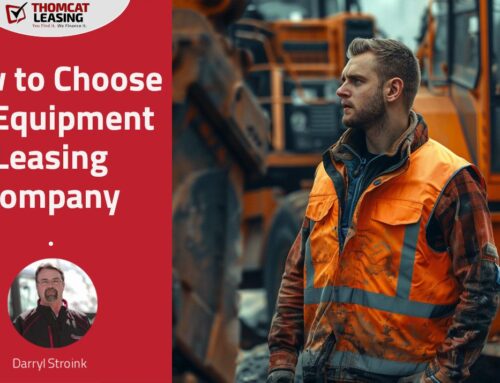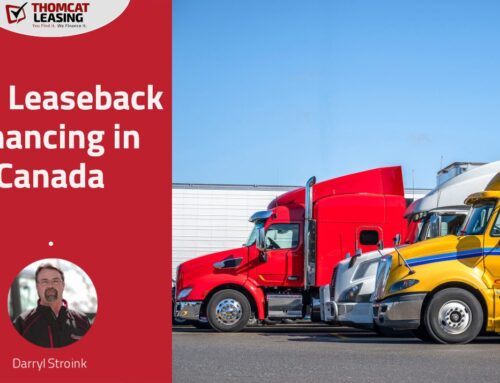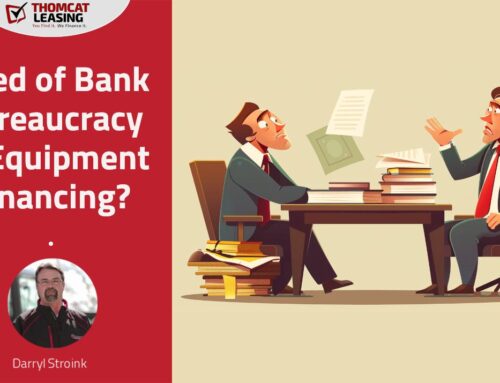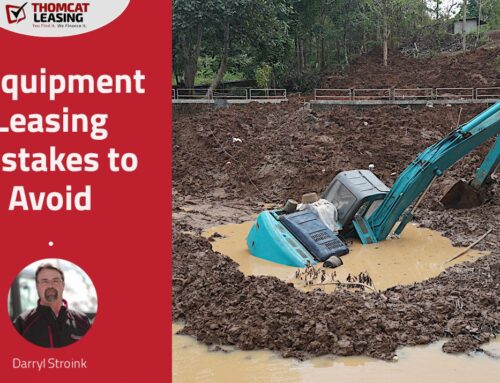Determining when Equipment Leasing is Applicable to Your Business
In the dynamic landscape of Canadian small businesses, the need for flexible and affordable options to acquire physical assets is paramount. Whether you’re navigating the challenges of business growth, fulfilling new contracts, or simply aiming to preserve cash capital, the option to lease equipment can be the right choice.
We often hear these two questions: “What can I lease?” and “Can I lease this?” Other times, business owners simply don’t even realize that they could lease a certain asset.
You may find that equipment leasing is more versatile than you think. Let’s take a look at when equipment leasing is applicable to your business and give you some examples of what you can lease to own.
The Versatility of Equipment Leasing
Your business has unique needs and that’s why leasing extends to cover a wide array of industries. In fact, equipment leasing covers all industries. If there’s a physical asset involved in your business, you can lease it!
Here’s a glimpse into the diverse categories of equipment you could lease for your business:
Agriculture:
– Tractors and farm machinery
– Irrigation systems
– Harvesting equipment
Construction:
– Excavators and bulldozers
– Concrete mixers
– Scaffolding and construction tools
Transportation:
– Commercial vehicles (cars, trucks, vans, buses)
– Forklifts and material handling equipment
– Trailers and cargo containers
Security:
– Surveillance systems
– Access control systems
– Alarms and monitoring equipment
Restaurant / Hospitality:
– Commercial kitchen appliances
– Point-of-sale systems
– Furniture and decor
Technology:
– Computers and servers
– Networking equipment
– Audio-visual systems
Manufacturing:
– CNC machines
– Packaging equipment
– Assembly line machinery
This list is by no means exhaustive. It is here just to give you a basic idea of some of the things you could lease.
How to Tell if Something is Leasable
Ask yourself these 3 simple questions:
- Is it a physical or tangible asset?
- Is it for my business use?
- Is it (combined) worth $3500 or more?
If the answer is “yes” to these questions, then you can lease it.
The Advantages of Equipment Leasing
1. Conservation of Capital: Leasing allows businesses to conserve capital for core operational needs, preventing large upfront investments that might strain financial resources.
2. Tax Benefits: Lease payments are most often tax-deductible, providing businesses with potential tax advantages compared to outright purchases.
3. Preservation of Credit Lines: Unlike traditional loans and lines of credit, leasing does not tie up credit lines or count towards your debt load, ensuring businesses maintain financial flexibility for other crucial aspects.
Not Everything Qualifies for Leasing
It’s important to distinguish between equipment leasing and other financial services. Leasing covers physical assets that directly contribute to business operations, such as machinery, vehicles, and technology.
Conversely, working credit, capital loans, and lines of credit fall outside the scope of equipment leasing. These financial tools serve different purposes, often focusing on providing liquid capital rather than acquiring specific assets.
Ready to Fuel Your Business?
Thomcat Leasing is here to fuel your business growth with the equipment it deserves. Take the first step towards financial efficiency by getting a FREE lease payment estimate. Our team is ready to provide fast approvals and a stress-free leasing process.


